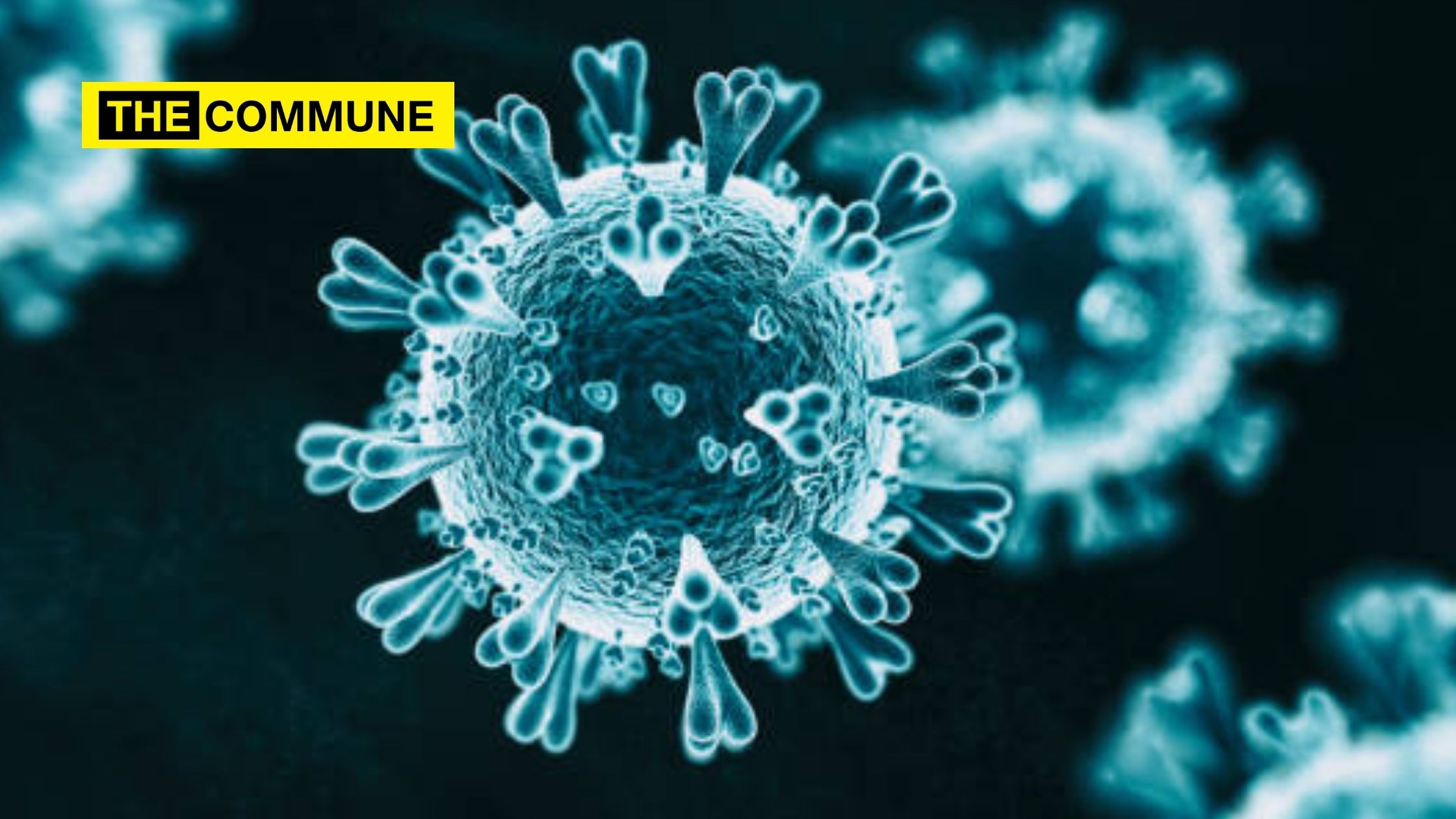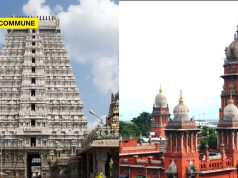
As the number of coronavirus cases has come down in India, in a new development six UK returnees in Bengaluru, Hyderabad and Pune have been found to be positive with the new variant genome, the central government said on Tuesday (29 December).
As of now, they have been kept in a single-room-isolation in designated healthcare facilities after the British government had recently announced that the newly identified strain of the virus found in their population is up to 70 per cent more transmissible.
After this announcement, Indian authorities decided to suspend flights to and from the UK till 31 December. So far the government found that about 33,000 passengers had disembarked at various Indian airports from the UK from between 25 November to 23 December midnight.
To prevent the spread of this new variant of the virus, all these passengers were tracked and subjected by the states and UTs to the RT-PCR tests.
The good news so is that only 114 have been found positive and the positive samples were then sent to 10 labs.
“A total of six samples of six UK returnee persons have been found to be positive with the new UK variant genome. Three in NIMHANS, Bengaluru, two in CCMB, Hyderabad and one in NIV, Pune. All these persons have been kept in single room isolation in designated Healthcare facilities by the respective state governments. Their close contacts have also been put under quarantine,” the health ministry said.
At the same time, a comprehensive contact tracing has been initiated for co-travellers, family contacts and others.
However, the threat of the spread of this newly mutated virus looms large, as its presence has already been reported by Denmark, Netherlands, Australia, Italy, Sweden, France, Spain, Switzerland, Germany, Canada, Japan, Lebanon and Singapore.
In the last few weeks, there was a sudden spike in Covid-19 cases in South East England. This led to enhanced epidemiological and virological investigations and from these analyses, viral genome sequence data was identified that a large proportion of cases belonged to a new single phylogenetic cluster.




